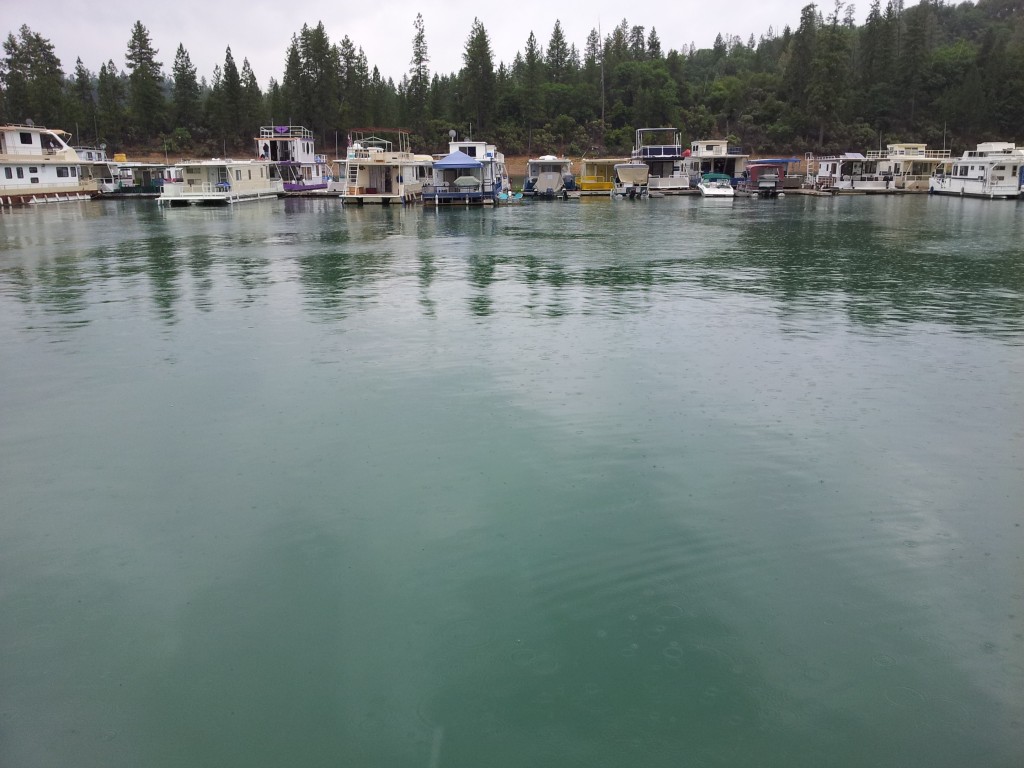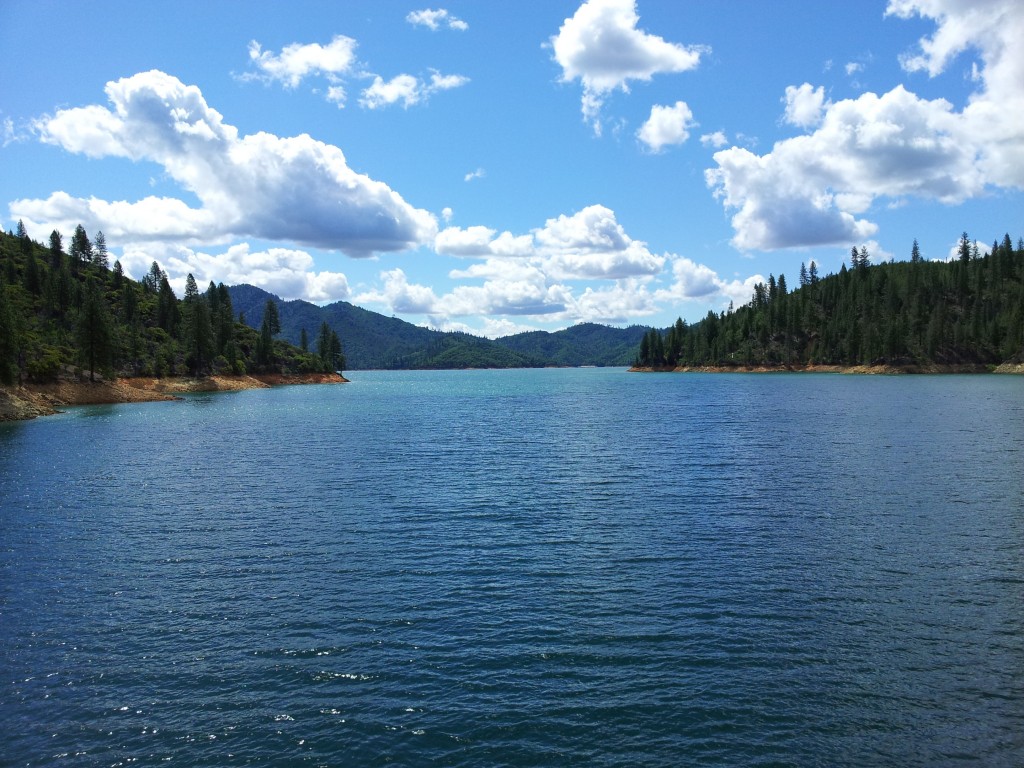
The human mind is a wonderful, awful, complex, painfully simple thing. It simultaneously runs all of our body’s important faculties, and yet I can’t remember where I just set my screwdriver. The brain manages our every muscle contraction and relaxation at a subconscious level that we could never achieve with any focus of our own. Even just walking and carrying on any real conversation is a testament to this. And despite all of this beauty and order, our thoughts boil down to the simplest ingredients. We seek, naturally, comfort for ourselves and a path of least resistance that would ultimately yield a boring and unfulfilling life. It is in these times we are blessed with discomfort and resistance.
A break in the action is good
This week, my family took our annual Shasta Lake houseboat trip. This vacation came at a particularly kind time in my work schedule. I had been, in the last month, spread pretty thin, and travelled pretty far and was overdue for a getaway. And so I found myself seeking comfort in a long-planned and long-sought vacation. However, this fine retreat wouldn’t be such a sweet relief if the weeks and months prior were a cake walk. Knowing that the vacation sits nicely on the horizon serves as motivation and a reward for a job well done, in those days when long hours and stressful days are concluded with an eager and forgiving sleep.
Some folks aren’t equipped financially to take a week long vacation, but everyone has their cessations. It may be Friday night that you look forward to, and you ride that wave until Sunday night. Maybe it’s just clocking out for the day, every day, 7 days of the week. Not to slight those who work every day, but to illustrate that at some point, each of us stops our daily duty and is rewarded with a rest-time.
Psychologically, these times of rest are like a “natural high”, even though they are actually just moments of “not as low”. This is an impressive trait we possess innately. There is no absolute standard of what is relaxing or comforting. There is only the relative comfort we feel in comparison to our relative discomfort. Without the mental and emotional lows we experience in what many call “the grind”, we would settle into a rut of ordinary, low resistance living. Everything melts into a din of homogenized events. No struggle, no rest. No risk, no reward. This can lead to a type of depression, where we cease to discover happiness, and can’t find a reason why.
Hitting the reset button
Our minds are constantly recalibrating and averaging our experience. As an example, every year when we arrive at Shasta Lake, I am ecstatic to finally be done with our 7 hour drive (I hate driving or even riding in a car for long distances, so this is the second most loathsome part of the trip for me, with the first being the return trip). After claiming our houseboat and grabbing some carts for transporting our food and belongings, comes the misery of unloading the cars and loading the boat. This is usually done in the midst of high heat, with a long steep hill to traverse back to the cars after each load is transferred. Then comes the bustle of a.) finding storage for our food and belongings, and b.) storing our food and belongings.
I would consider all of this preparation an emotional low. I would much prefer to be at home than carting food down a hill and returning up the hill for more. But I am so glad that the peak of the emotional thrill, the “high”, doesn’t come until later in the week. If the zenith of our excitement was reached on day one, it would be a long 7 days of gradually increasing complacency and decreasing enthusiasm.
A break in the break is good
In America, the typical work week is 40 hours, from Monday through Friday. We usually grumble that the weekend was too short and that Mondays are lousy because they signal the start of a new 40 hour march. We are thankful for our “three day weekends” and our holidays, as we should be. But something strange happens when we take a long stretch of days off work, we get bored. It happens to children during summer break, and it happens to adults on vacation. By the end of our time off, we are almost yearning for Monday morning again. This is because we have acclimated our mental state to where “vacationing” is the new norm. It almost becomes “the grind”.
With technology that is so pervasive and easy to access in western culture, our children are continuously at risk of being “over-stimulated”. This condition happens when our young people are saturated with media such as video games, tv, movies, computers and tablets, and their brains are so used to processing a steady stream of new images and sounds and concepts, that when the power goes out, boredom strikes immediately. Western adults are at the same risk if we don’t stay active in the workforce. We are susceptible to over-stimulating our minds, because we indulge ourselves with whatever we desire, and reach a plateau where only the most extraordinary events can register as excitement on our emotional scales.
What to take away from all this
Enjoy your vacations, your weekends, your quitting times. But take a moment to consider what makes those things worth working for, that is, the “working”. The harder you work, the more rewarding the rest is at the end of it all.
Now, back to my vacation.
